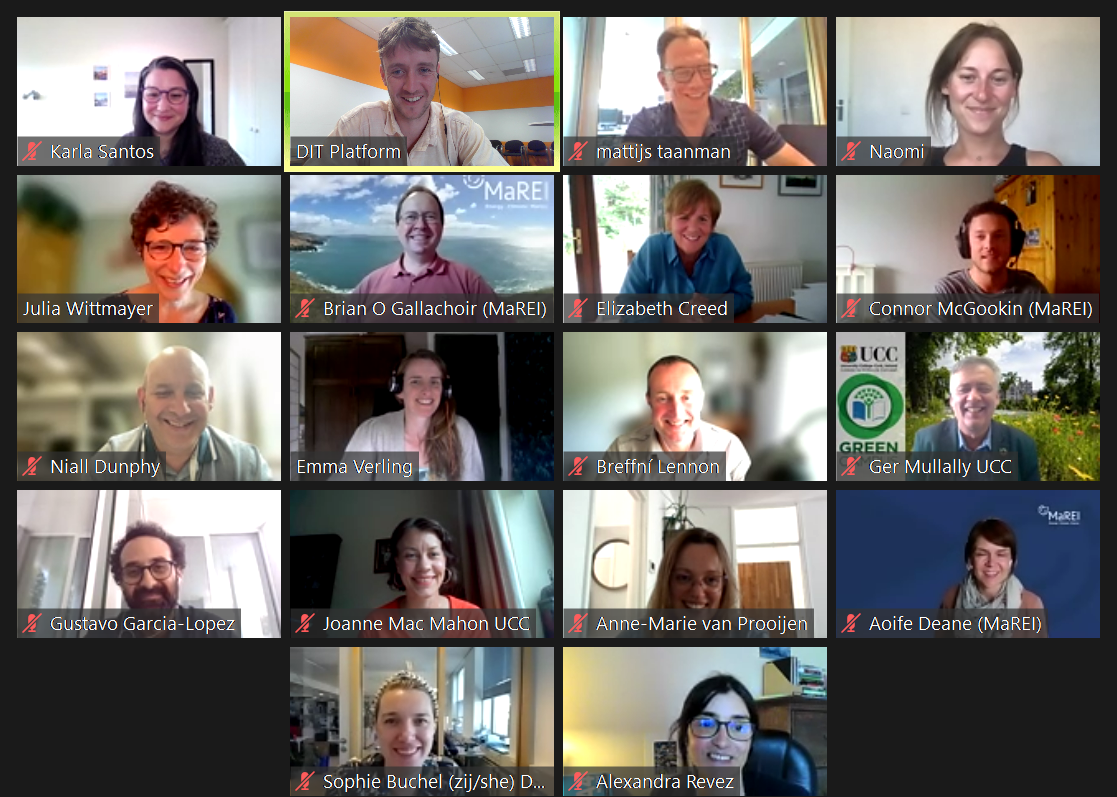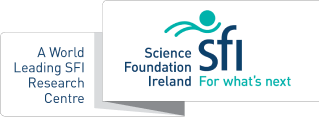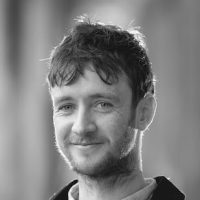
What is the right kind of change?

Highlights from a workshop on action-oriented research for energy transitions
On the 16th of June 2022, the DIT platform at Erasmus University Rotterdam and University College Cork co-hosted a workshop to encourage new opportunities to share work and ideas to further action-oriented research for energy transitions and climate neutrality. In this blog, we summarize some of the key insights based on the discussion.
Rotterdam and Cork are included within the 100 cities selected by the European Commission to lead the transition to becoming a climate neutral and smart city by 2030 as part of the EU Cities Mission. University College Cork (UCC) and Erasmus University Rotterdam (EUR) are also part of a collaboration called the European University of Post-Industrial Cities, also known as UNIC.
In light of this collaboration and the climate ambitions, a workshop was organized to share perspectives between Dutch and Irish participants on action-oriented research in the transition space.
Many interesting research topics were presented during the workshop, for example: stakeholder trust and skepticism in corporate motives to invest in renewable energy, societal engagement methods to improve the resilience of low-income households, and the zero-emission mobility transition with a focus on justice. This is just a handful of the interesting research topics, and this blog zooms in further in on three of the many themes that emerged. Namely, those of trust, urgency, and leadership in deliberative research processes.
All researchers had in common that they had experimented with- or saw a need for future research with deliberative research processes, a set of methods closely linked to transformative and action-oriented research. Methods that passed by were reflexive monitoring, community concern approach, citizen assembly initiatives and multi-stakeholder planning processes. However, as befits a researcher, there were some critical observations to be made in further developing the use of deliberative processes in action research.
Read more here.












